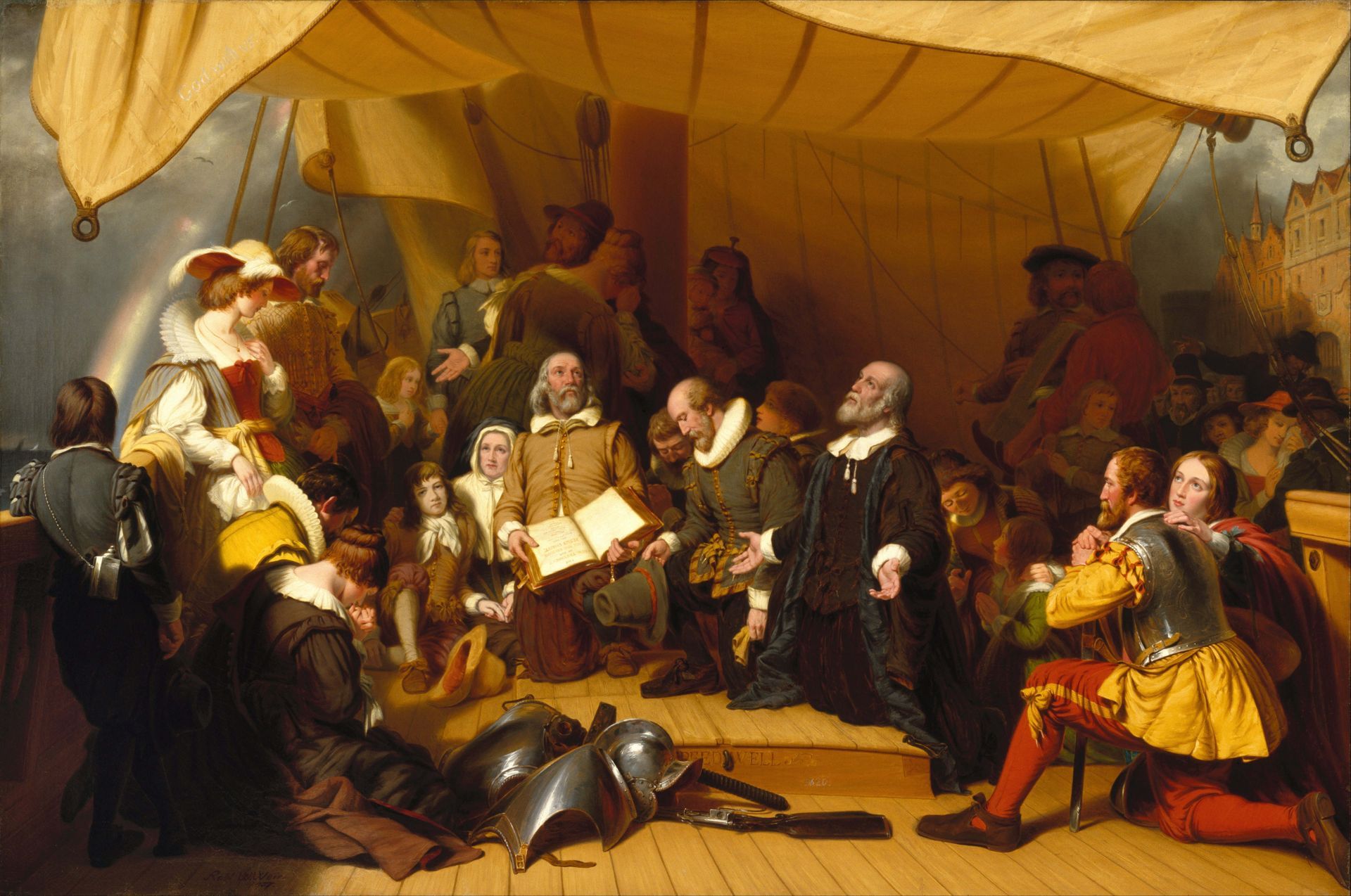History Begins
History – a word that usually brings an eye roll or sigh, accompanied by a flash back to a class that you struggled through in school. Our worldview of history is greatly impacted by our experience in or with history. Our history teacher’s passion for history or our family’s emphasis on history can shape our worldview of past events. Those of you that had passionate, exciting history teachers who made history come alive and apply to your lives had a much different experience than I did growing up. For those like me, history is often seen as just dates and events that seem very disconnected from present reality. This worldview then can impact our view of Biblical history with questions such as: When does it begin in time? How accurate is it to “actual” history? Are Biblical accounts real-life events? Do I need to learn Biblical history to live a Christian life?
Throughout Scripture the Lord reminds us that we are to remember accounts in history. We find one of those times recorded in Deuteronomy 4:9-10 when Moses is instructed by the Lord to not forget what He had done for His people. His people were not only to never forget, but also to teach those things to their “children and to their children after them.” This is direct instruction to pass on historical events that shape our lives, and even more than that, the acknowledgement of the Lord’s direct influence in history, present and past. Passing them on to our children and beyond is the best way to assure we don’t forget past sins or Providence. History is not always pretty, but we should not forget those moments or events either. It seems in the last few years there has been a concerted effort to blot out portions of our American history that don’t agree with a person’s particular worldview. (I digress, that topic is for another article.) The Bible records even the sins in the history of His people. Biblical history is vital to our walk today; it shows us the plan the Lord has had since the beginning for our lives and time.
So, where does history begin in the Bible? The short answer is Genesis 1:1, “In the beginning…” The word for beginning is re’shiyth (rā·shēth’), which has several meanings ranging from the first in place, in time or in order and rank. In the context it is clearly referring to the first moments of time as the Lord created, or began, it. As time began ticking, the Lord set its expression in a manner that would impact the rest of creation. Time was set apart within eternity, controlled only by Him, and will exist for as long as He has set it to endure. In the perfection of creation, time and eternity were more interconnected or open. When sin entered the world, the relationship between time and eternity became more disconnected or opaque.
So often when we view history, it is divided into compartments that fit our worldview. We may have a compartment for ancient “prehistoric” time, one for ancient civilizations, one for Biblical history and one for modern history. Many times, this worldview comes from the way history has been taught to us or from what we have experienced through documentaries, books, movies, and museums – in other words, through other people’s worldviews. We, as believers, should always start our worldview of history with God’s Word, starting time and history in Genesis 1:1. All other “compartments” of history must be measured against the truth of the Scriptures. This places “prehistoric” times outside of reality, since history began in Genesis 1; biblically, there is no such thing as “before history”. All ancient civilizations’ history can be found within the Biblical framework of Genesis 11, with the separation of all people by language as the start of them. When we apply Biblical history as the cornerstone instead of the exception, all of history lines up and we see a clearer picture of the Lord’s plan throughout time.
If the beginning of Genesis is not actual history or placed in real time, then we lose focus of reality. We will lose definition for sin and death. When Genesis 1-3 is not seen as history but as an allegorical story, then we lose the focus of the Cross. If death was here on earth long before Adam & Eve’s sin, then the Cross is meaningless. History starting at the beginning is very important to our walk with Christ within eternity. These are things we should not forget and teach to our children, as they have eternal ramifications. Blessings to all of you and may the Lord guide your worldview through the history of His Word.



